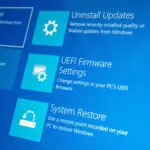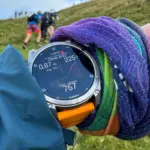According to cybersecurity company McAfee, there has been a “substantial global increase” in smartphone hacks that cause harassment, extortion, and bank account draining.
With over eight million active installations worldwide, McAfee claims that hackers are using a collection of malicious financial apps that contain “SpyLoan” malware more frequently, posing a major threat. Well-known financial institutions’ names, logos, brand colors, and user interfaces are used in the Google Play apps. After installation, users are prompted for documents and sensitive personal data.
“Users are prompted to provide sensitive legal identification documents and personal information, banking accounts, employee information along with device data that is exfiltrated from the victim’s device.”

Predatory loan apps have stringent privacy policies that demand users grant access to information like contact details, call records, and text messages. According to McAfee, the data is occasionally used as a tool to enforce debt payback.
“Users have reported alarming experiences, such as:
– Receiving threatening calls and death threats for delayed payments.
– Having personal photos and IDs misused to intimidate them.
– The app accesses their contacts to send harassing messages to friends and family.”
According to the company, there are several instances of privacy violations among consumers of the predatory loans.
McAfee advises users to keep a close eye on their phone’s permissions, confirm the legality of apps, and report any suspicious activity to the appropriate authorities or app stores in order to stay safe. India, Mexico, the Philippines, Indonesia, Thailand, Kenya, Colombia, Vietnam, Chile, and Nigeria are the countries most affected by predatory loan applications, which are particularly common in Africa, South America, and Southeast Asia.













